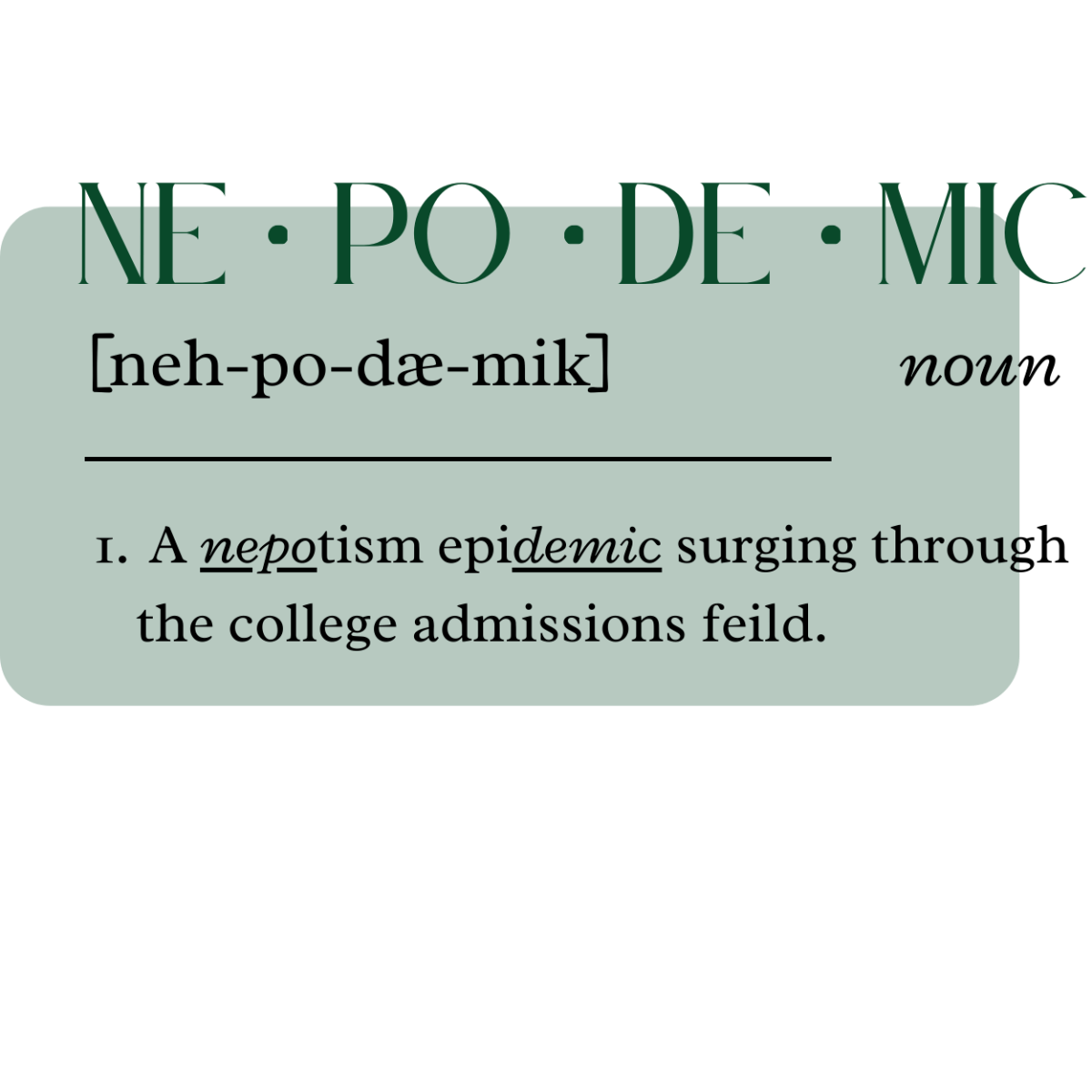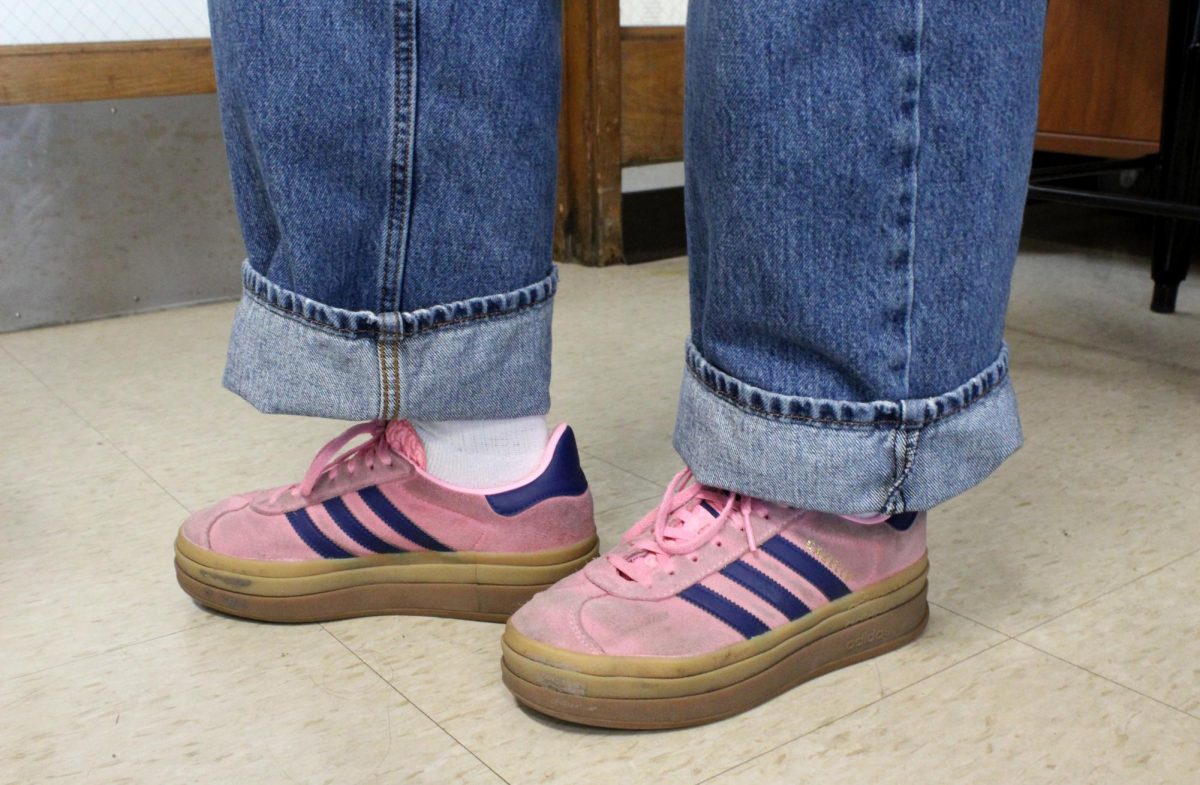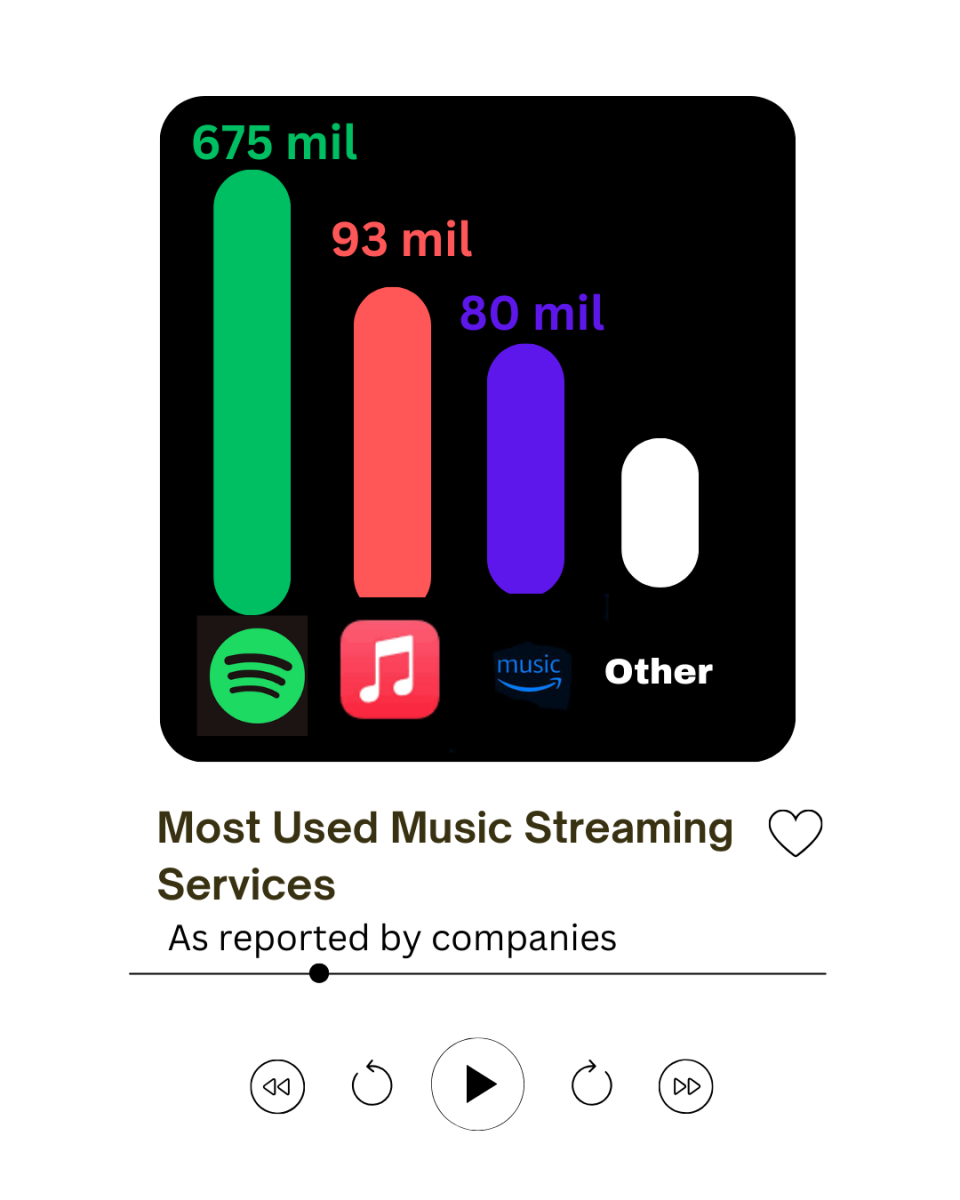They say that money can’t buy you happiness – but it can certainly buy you a seat at your Ivy League school of choice.
The question of who deserves a seat at a particular school – and why – has been a longstanding debate in the world of college admissions, and legacy admits have played a large role in it.
One of the fundamental principles of higher education is the notion of meritocracy, wherein admission to universities is based on academic excellence and personal achievement. After all, only students who are adequately prepared for the rigor of prestigious institutions would fare well, right?
Apparently not, if you’re rich enough.
Dubbed “Affirmative Action for the privileged” by Democratic representative of New York Alexandria Ocasio-Cortez, legacy admissions remain alive and well continuing to provide an unfair advantage to the well-off even after the Supreme Court’s strike down of Affirmative Action on June 29, 2023.
Legacy admissions undermine the principle of meritocracy by prioritizing applicants based on factors beyond their control, such as familial connections. This not only undermines the achievements of other applicants but also erodes public trust in the fairness of the admissions process.
The Supreme Court’s reasoning for striking down Affirmative Action was that schools that implemented the policy did not have “sufficiently focused and measurable objectives warranting the use of race,” according to Chief Justice John Roberts.
While it is true that race doesn’t play a role in the intelligence or capability of an individual, it does play a role in the socioeconomic barriers that students of color often face while trying to secure a job or higher education.
Schools that have larger populations of students of color (particularly Black, Hispanic, and Indigenous students) are more likely to be underfunded, and thus tend to offer fewer opportunities to these students. Affirmative action (while admittedly not perfect, but what program truly is?) aimed to mitigate these structural inequities to the best of its ability, but was overturned nonetheless.
But why are legacy admissions held to another standard?
Being born into a rich family gives students access to resources that are often not accessible to an average student, such as private tutors, schools with better funding, coaching for extracurriculars like music and athletics and more.
By extending preference to these students in the form of legacy admissions, colleges are further increasing the gap in terms of higher education, job opportunities, and academic prestige between students who are privileged and those who are not by providing only the former with opportunities to improve their lives.
Harvard specifically has been notorious for displaying these patterns of providing an unfair advantage to certain students: A civil rights inquiry raised by the The Education Department surrounding Harvard admissions revealed that the preferred applicants (recruited athletes, legacies, relatives of donors and children of faculty and staff) make up around 30 percent of those admitted each year, but less than 5 percent of applicants.
These legacy students’ children, who are often able to afford personalized tutoring, private schooling, and participation in niche extracurriculars, will apply in the next thirty or so years, and the cycle continues.
While there are students who fall under the legacy category who have truly earned their spot at these universities through merit, a majority of them had it handed to them through their connections to the institution. It is true that many colleges depend on alumni (who are typically the most supportive of these institutions because of their often life-shaping experiences on campus) for donations and similar financial support, it is extremely possible to maintain a healthy relationship with alumni without providing an unfair advantage in the college admissions process.
In fact, the amount of support attributed to these alumni is still questionable; a study of American Top 100 schools found “no statistically significant evidence of a causal relationship between legacy preference policies and total alumni giving among top universities.”
Seeing monetary support as a fair exchange for an advantage completely defeats the purpose of donations, which are asked for in the spirit of charity. Why not call these “donations” offered in exchange for a higher chance at a seat at a school what they really are: bribes?
The persistence of legacy admissions in prestigious universities perpetuates cycles of privilege and disadvantage and undermines the principle of meritocracy. It is imperative for colleges to reevaluate their admissions policies to ensure fairness and equal opportunity for all applicants, regardless of their socioeconomic background or family ties to the institution.














